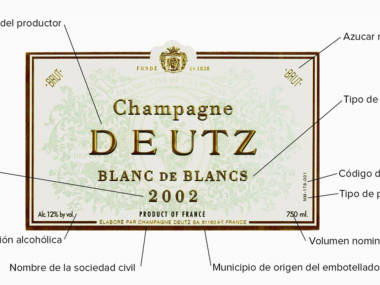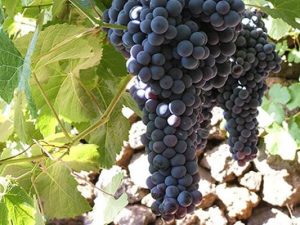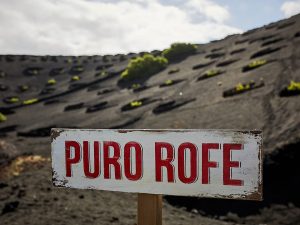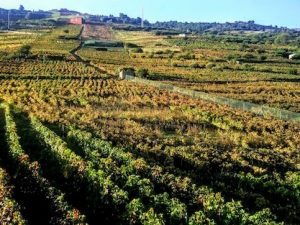Natural wines are here to stay and are gaining more and more popularity among wine lovers for their authenticity and sincerity. But what are natural wines and what makes them so special? Here are some key points you should know about natural wines.
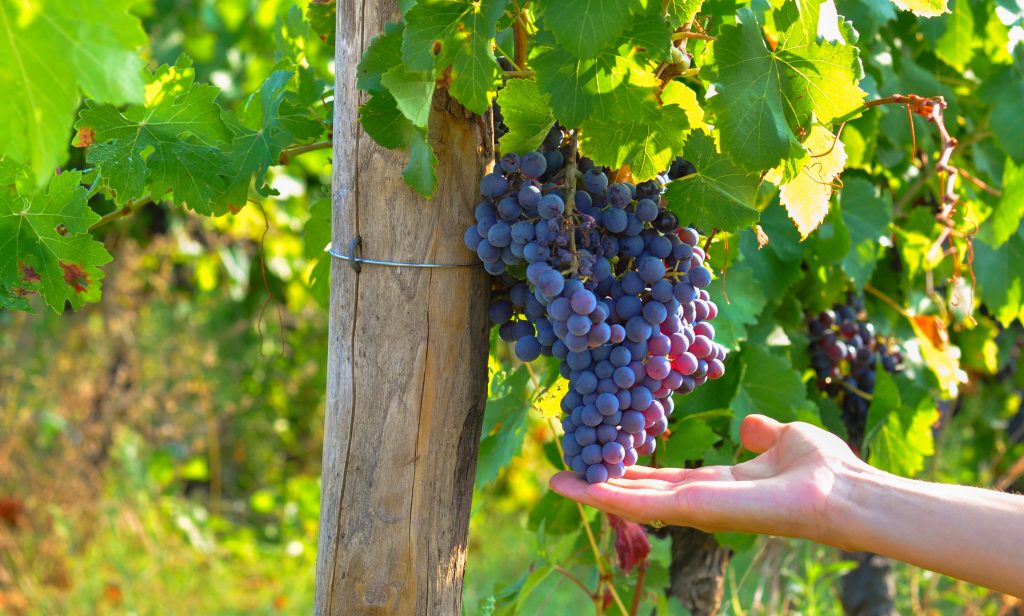
1. Natural wines are wines of minimum intervention
Natural wine is wine made solely and exclusively from grapes, without any other additives, and from organic farming. Natural wines claim the recovery of ancestral methods of winemaking, where there was maximum respect for nature, the expression of the grape and the natural evolution of the wine.
This means that, for a wine to be considered natural, there must be a minimum of intervention during the entire winemaking process, both in the vineyard and in the winery, where the function of the winemaker must only accompany and guide the natural processes, in order to achieve wines that express the grape, the land and the environment in the best possible way.
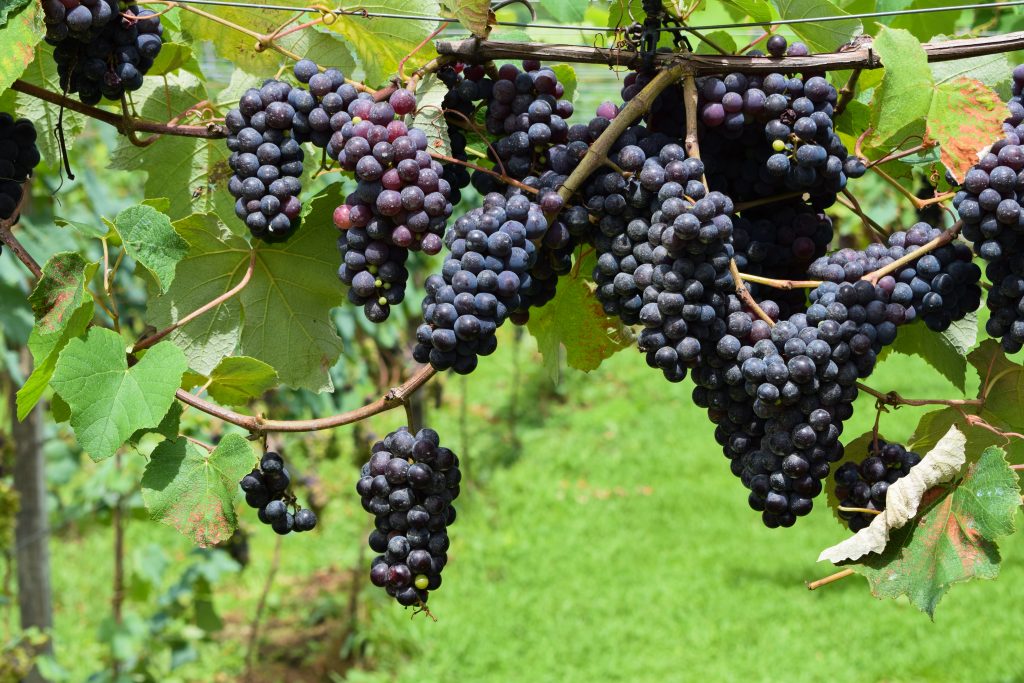
2. Natural wines are produced without additives
As mentioned in the previous point, natural wines are made without additives of any kind. This means that no herbicides, pesticides or synthetic fertilisers are used in the vineyard and the grapes are harvested by hand.
At the winery, the wines are bottled without filtering or fining and no sulphites, commercial yeasts, bacteria are added during malolactic fermentation or any chemical additives for their preservation.
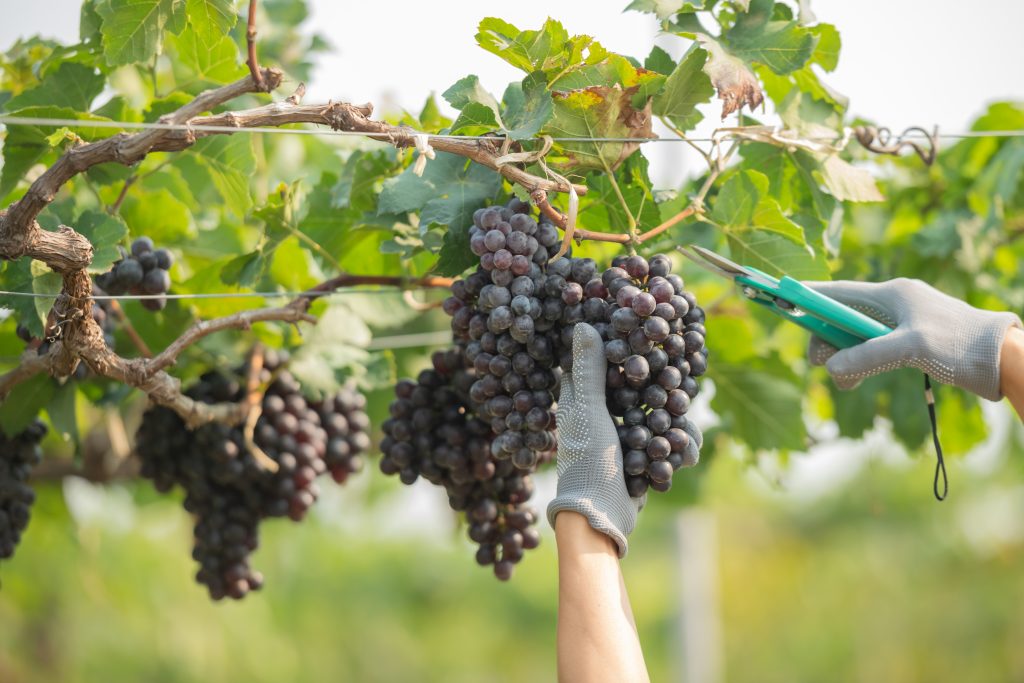
3. Natural wine is not artificially corrected
It is said that natural wines are faithful expressions of their terroir and grape because they are wines that are not corrected. Neither their sugar levels, acidity, tannins or alcohol levels are artificially manipulated.
Neither are they stabilised using chemical substances or oenological techniques, nor are they micro-oxygenated or any other process that accelerates or simulates natural processes.
All this allows us to enjoy a purer organoleptic experience: as none of its parameters are corrected (smell, colour, flavour, alcohol, tannin, etc.) everything we perceive responds to the reality of the grape used, the specific characteristics of the soil of the vineyard and/or the real climate of the vintage, and is not due to external factors (additives or oenological processes) deliberately provoked by the oenologist.
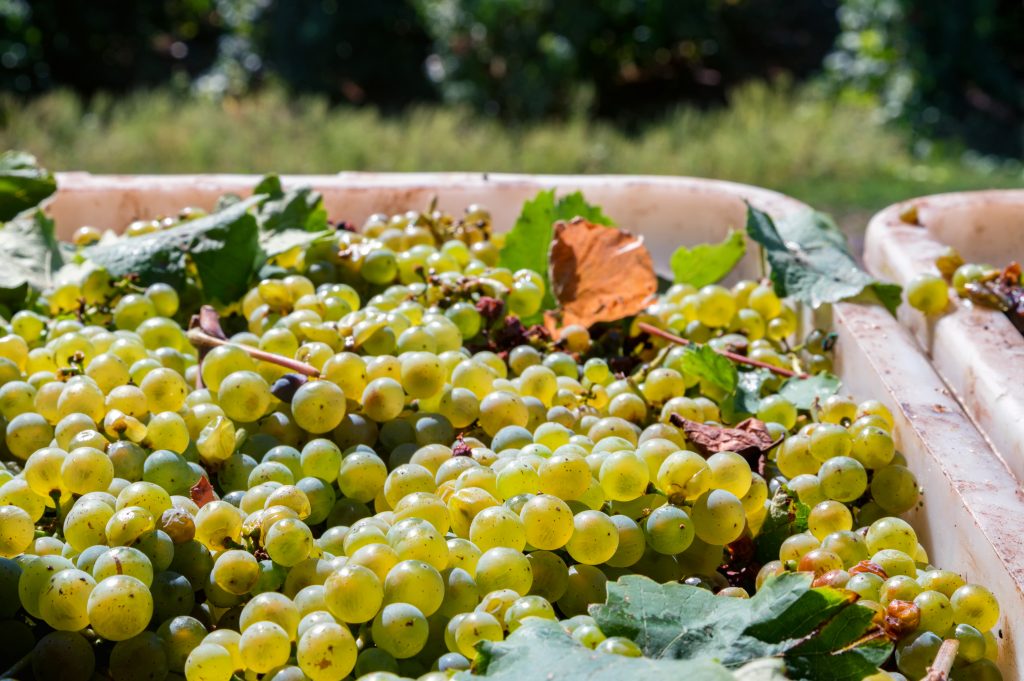
4. Natural wine is healthier
As it comes from a chemical-free cultivation and is made only from grapes, our body assimilates it better. Contrary to what happens with conventional wine, which has a multitude of additives and authorised oenological processes, or with organic wine which, contrary to what it may seem, has practically the same additives and treatments as a conventional wine.
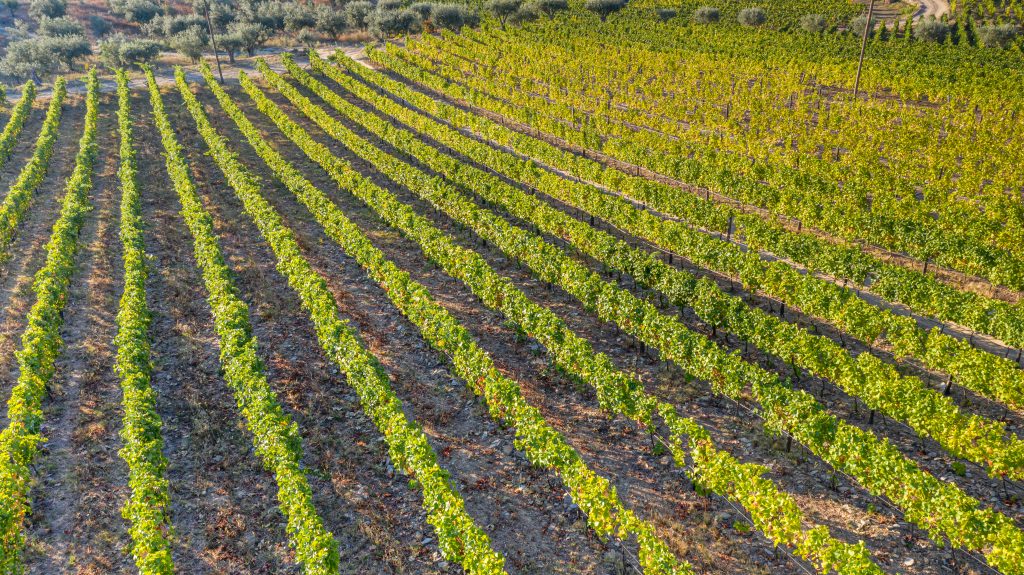
5. It is not the same as biodynamic wine
Natural wine is wine made without any kind of additives and from organic grapes. However, wine certified as biodynamic is allowed to use a multitude of additives in its production, therefore, it does not imply a higher level of purity of the wine, it is simply a separate theory.
In terms of the level of additives allowed, it would be similar to organic wine. Biodynamics is a form of agriculture which in turn is part of another higher theory called Anthroposophy developed by Rudolf Steiner.
Biodynamic wines must be certified by a private body called Demeter. According to biodynamics, agriculture is part of a whole that includes the stars, the soil, plants, animals and even man, and between these elements flow energies that must be in balance. From there, he develops a whole working methodology and lists a series of recommended treatments and products aimed at achieving this balance.
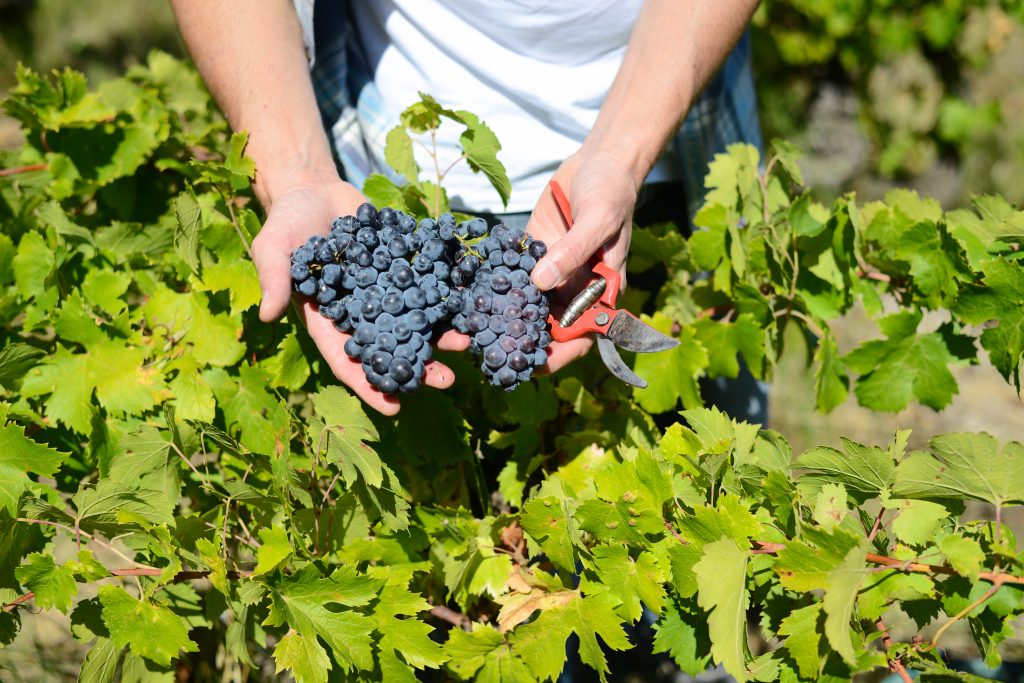
6. It is not the same as an organic wine
Natural wine is wine made without any additives and from grapes from certified organic or non-certified organic farming. Organic wine means wine that is certified in accordance with the European regulations on organic agriculture and organic wine.
This European regulation allows a multitude of additives very similar to the European regulation for the production of wine in general (conventional wine) and nevertheless exempts wine from the obligation to mention all its ingredients on the label, to the detriment of the consumer and to the benefit of the large wine-producing factories.
It is this total lack of transparency that has led to the emergence of a movement of natural wine producers who defend the way of making wine with grapes as the only ingredient, from organic farming and without any additives.
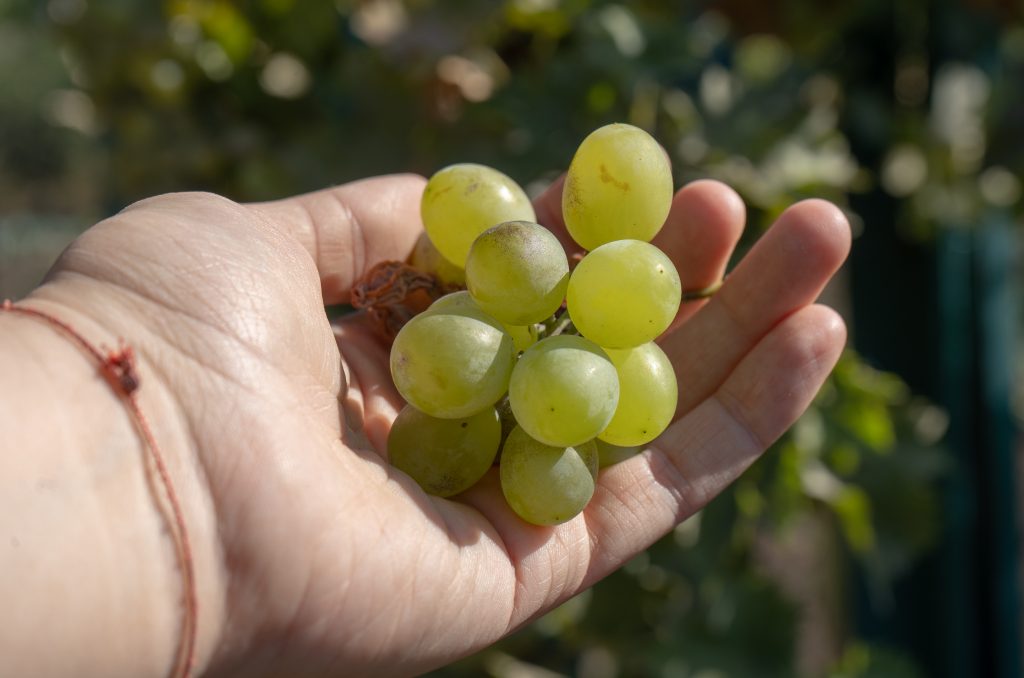
7. They are sustainable and do not harm the environment
As they are made without chemical additives and through organic farming, the production of natural wines does not have a negative impact on the environment. They are wines that defend the artisanal and natural way of producing food, as opposed to the industrial production based on chemical additives that is about to invade everything.
Moreover, natural wines stimulate the market, by consuming natural wines we support micro-producers and make their projects sustainable and prevent them from disappearing, and in this way we stop the concentration of the countryside and the market in the hands of a few.
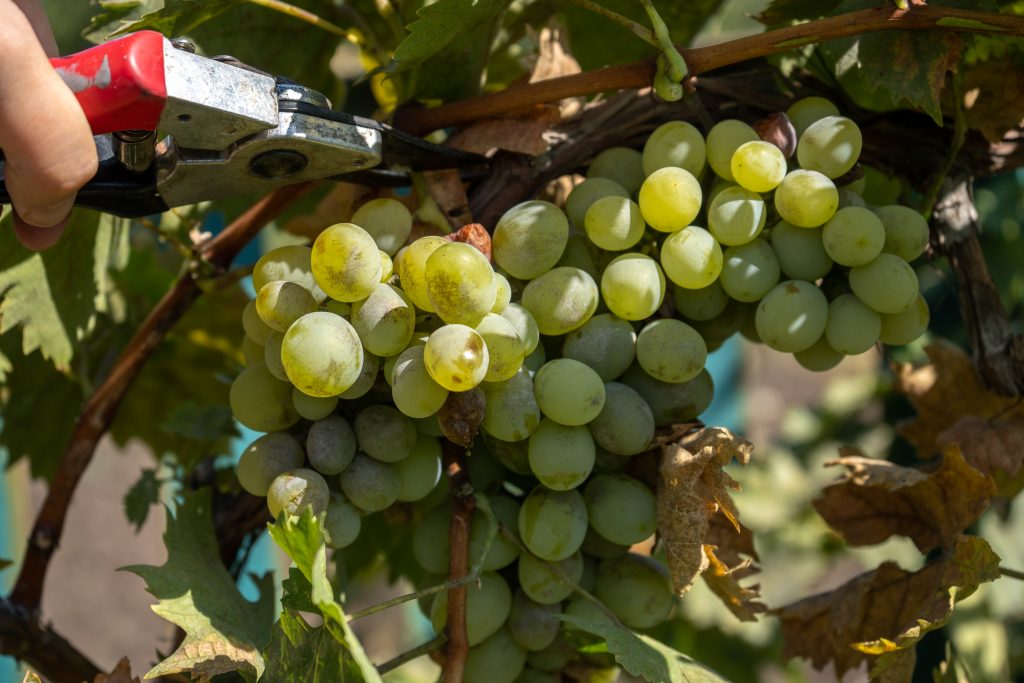
8. There is no official certification of natural wine
There is still no official certification of natural wine, although it is desirable that there should be, as this would lead to the use of a seal (as has happened with organic wine) that would only serve to prevent consumers from wondering what is behind it and to clearly identify natural wines.
In Europe there are several associations of natural wine producers that defend these principles, although each one has its own nuances, and therefore they should not be used as a seal of guarantee but simply as a guide or starting point.
- Spain: PVN
- Italy: Vin Natur, Vini Veri
- France: AVN, Vins SAINS
If we are talking about natural wines, the guarantee is the chain of trust between producer – seller – consumer, and the participatory guarantee systems.
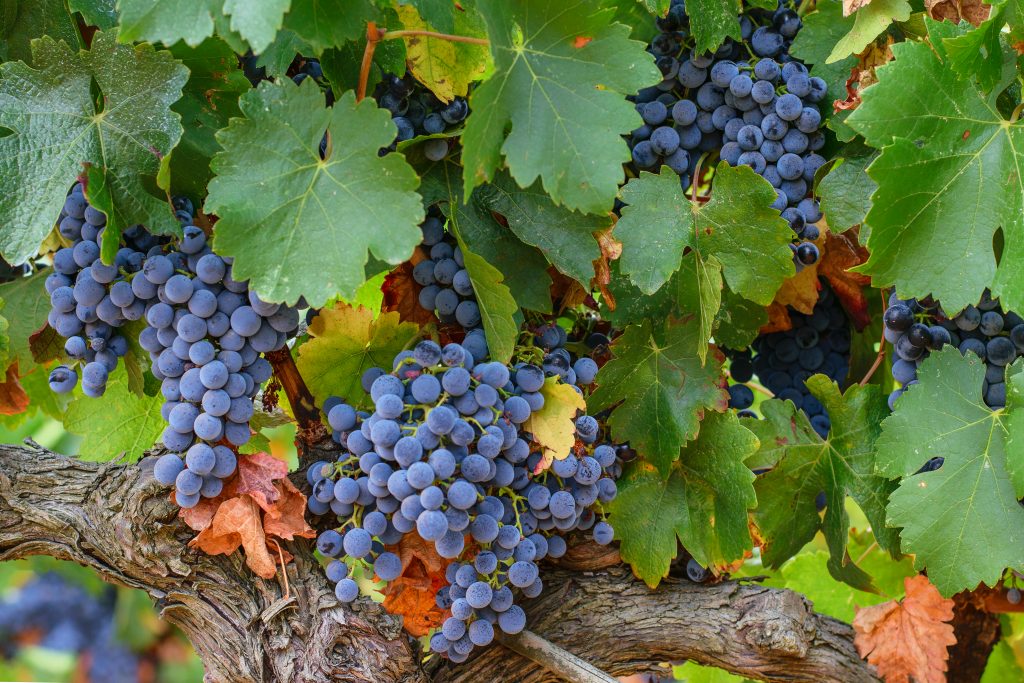
9. Natural wines can be preserved over time
The time of preservation depends on each wine in particular. Normally, wines with higher alcohol, tannin and acidity can be kept for more years as these three factors act as natural preservatives of the wine.
In the market we can easily find natural wines with more than 30 years in perfect condition.
Let’s bear in mind that the oenological additives that are most commonly used today have been around for only 50-70 years, so from the time wine was discovered some 6,000 years ago until now, everything was natural wine.
But how should a natural wine be stored? Once bottled, in a cool place, preferably at a constant temperature of between 14-18 degrees. These are the same indications that we have always heard for a conventional wine.
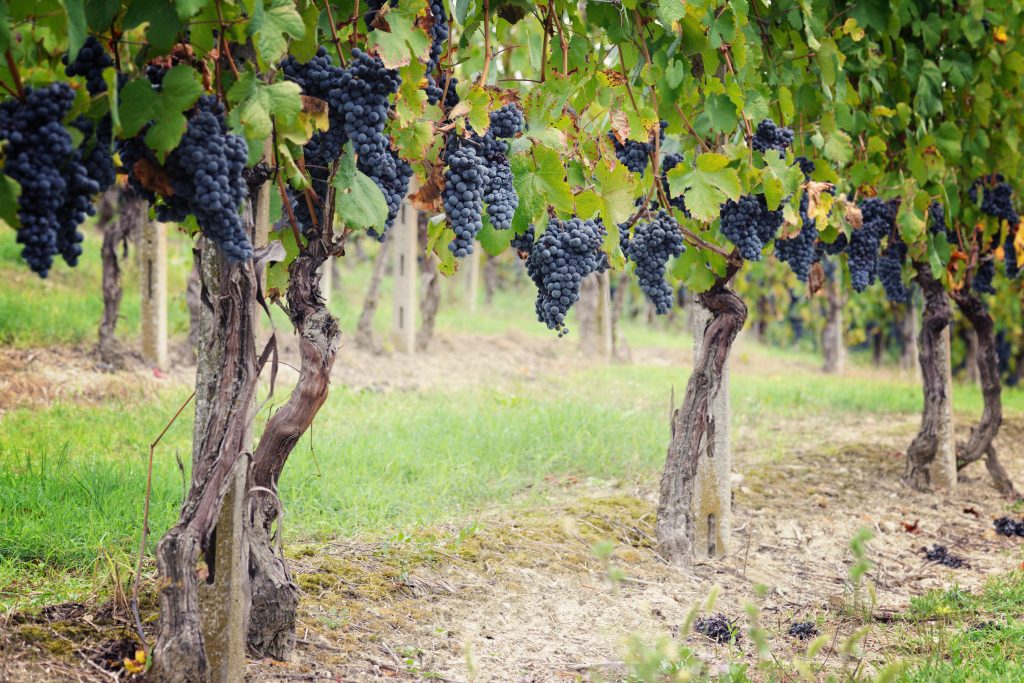
10. Natural wine tastes like wine
Those who have not yet tasted a natural wine may wonder what they will find when they do. Natural wine tastes like wine, like fermented grape must. No more and no less. Since they have no additives or manipulation of any kind, they transmit the true flavour of each grape variety, influenced only by the characteristics of the soil and the climate of each vintage.


